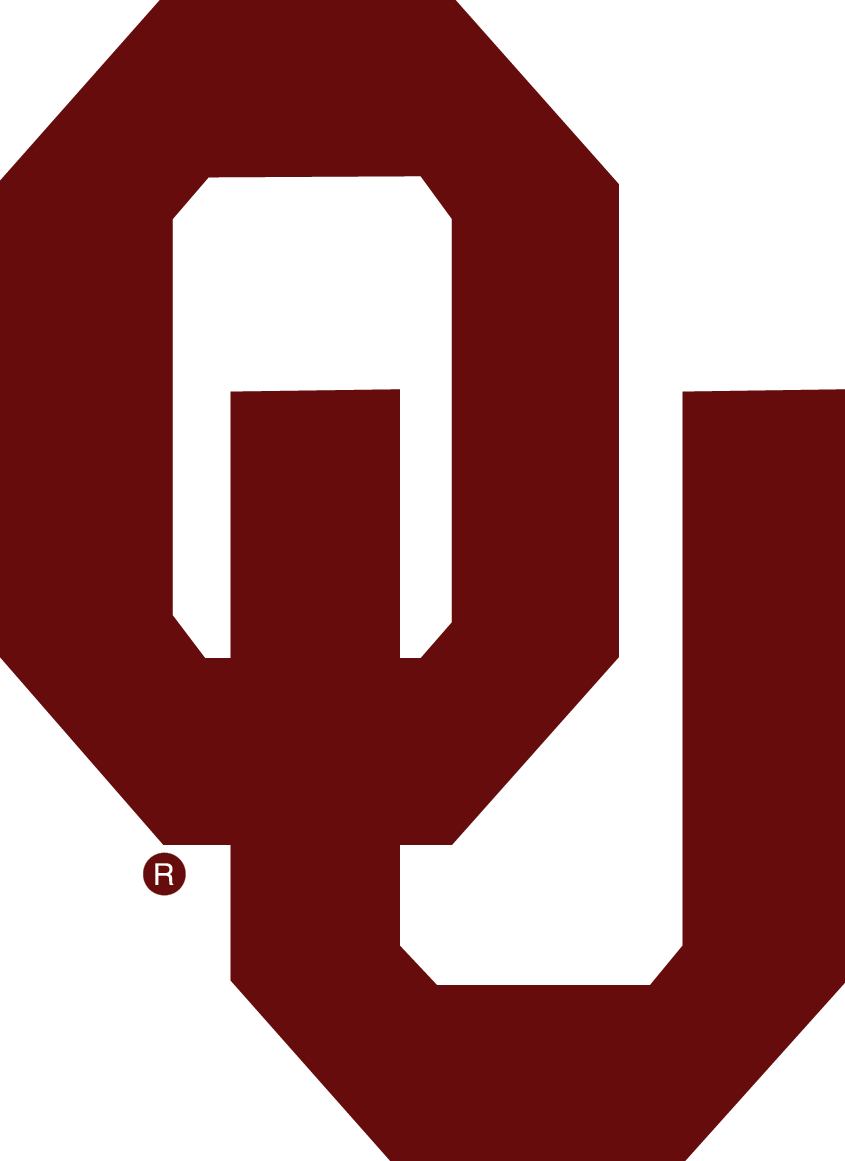The University of Oklahoma faculty is committed to creating a safe learning environment for all members of our community, free from gender and sex-based discrimination, including sexual harassment, domestic and dating violence, sexual assault, and stalking, in accordance with Title IX of the Education Amendments of 1972.
Please note that the Sexual Misconduct, Discrimination, and Harassment Policy designates all faculty members, including teaching assistants, as “Mandatory Reporter OR Responsible Employees.” Under the Sexual Misconduct, Discrimination, and Harassment Policy all Mandatory Reporter OR Responsible Employees” must report all disclosures of sex or gender-based discrimination or violence to the University’s Title IX Coordinator. The Title IX Coordinator will reach out to provide resources, support, and information after receiving a report, but community members are not required to respond to such outreach. Reported information will remain private.
If you have (or someone you know has) experienced any form of sex or gender-based discrimination or violence and wish to speak with someone confidentially, please contact OU Advocates at 405-615-0013, HSC Student Counseling Services at 405-271-7336, or Student Health Services, call 405-271-9675. For more information regarding the University of Oklahoma’s Title IX procedures, reporting, or support measures, please visit the Institutional Equity Office, or call 405-325-3546.
Disclosures of gender and sex-based discrimination or violence made in relation to an assignment and/or educational prompt will not result in a referral to the University of Oklahoma’s Title IX Coordinator unless requested otherwise.

